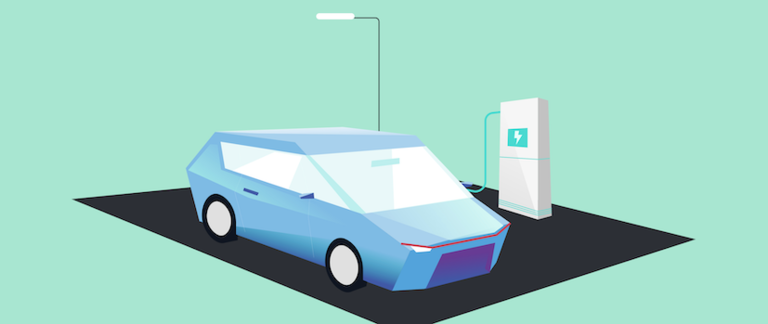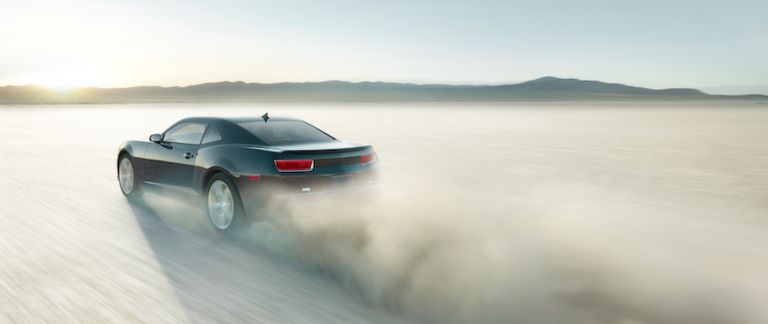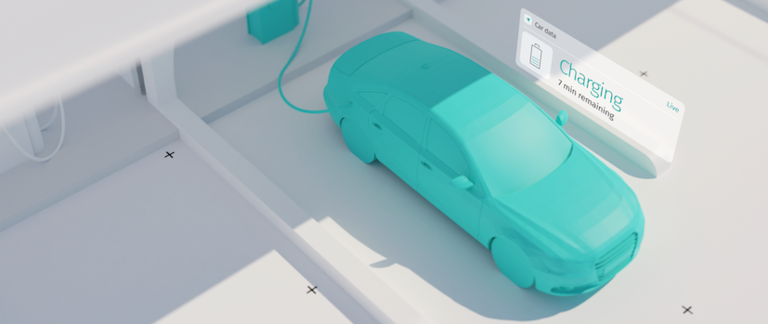The factors affecting your EV range — and how you can maximize your battery

Using wipers in rain, headlights at night and the heater on a cold day are essential parts of driving, but they might be severely impacting your electric car's range. Here's how to conserve your battery.
According to Wired, the average EV will consume 16km of range every hour through the use of “secondary systems". That's things you might take for granted, like running the air conditioning or heater, using the wipers, having the lights on and using the entertainment system. But all these systems draw valuable energy from EV batteries, reducing your overall range. So what can electric car drivers do to enjoy a comfortable driving experience without running out of charge?
Climate control
Using the heating, ventilation, and air conditioning system consumes energy. To conserve battery, use these systems sparingly and consider preconditioning your electric car to the desired temperature while it's still charging. Extreme cold or heat can also impact battery performance and reduce range. Preconditioning your electric vehicle while it's still plugged in can help manage its temperature and preserve battery life. Using seat heaters instead of the cabin heater can also save energy in cold weather.

Read more: How does hot weather affect electric cars?
Speed and driving style
Higher speeds require more energy, reducing your EV's range. Try to stick to the speed limit and avoid unnecessary high-speed driving. Aggressive driving with rapid acceleration and braking can drain the battery faster. To maximize your range, drive smoothly and maintain a steady speed.
Tire pressure
The rolling resistance of tires has a direct impact on an EV's range. Lower rolling resistance means the electric car needs less energy to move, which can extend the battery range. Many EVs come with low-rolling-resistance tires specifically designed to maximize efficiency. Underinflated tires increase rolling resistance and can cause an EV to consume more power, draining the battery faster. Regularly checking and maintaining the correct tire pressure is essential to optimize battery life.

Payload and towing
Carrying heavy loads or towing can significantly decrease your EV's range. Limit the weight you carry to only what's necessary, and plan for a reduced range when towing.
Terrain and elevation
Climbing hills or driving on rough terrain requires more energy and can reduce your EV's range. Plan your routes accordingly and consider this when planning long trips in hilly areas. HERE EV Routing can help you plan the most efficient route taking into account elevation, terrain, curves and energy consumption on your route. Using appropriate routing tools is crucial for planning charging times and locations, especially for EVs, which have longer charging durations than internal combustion engine (ICE) vehicles. HERE amalgamates data via map conflation on various factors impacting EV range, such as traffic conditions and in-car information like battery size and car type, to assist drivers in estimating their travel distance.
Accessories
Using accessories like windshield wipers, headlights and entertainment systems can also consume energy. Use them wisely and turn them off when not needed.
With careful management of heating and cooling (including pre-heating your cabin before use and using heated seats), along with mindful driving habits, tire maintenance, and sensible use of accessories, you can significantly off-set the impact of secondary systems on an EV's battery life and overall EV range.
Have your say
Sign up for our newsletter
Why sign up:
- Latest offers and discounts
- Tailored content delivered weekly
- Exclusive events
- One click to unsubscribe


